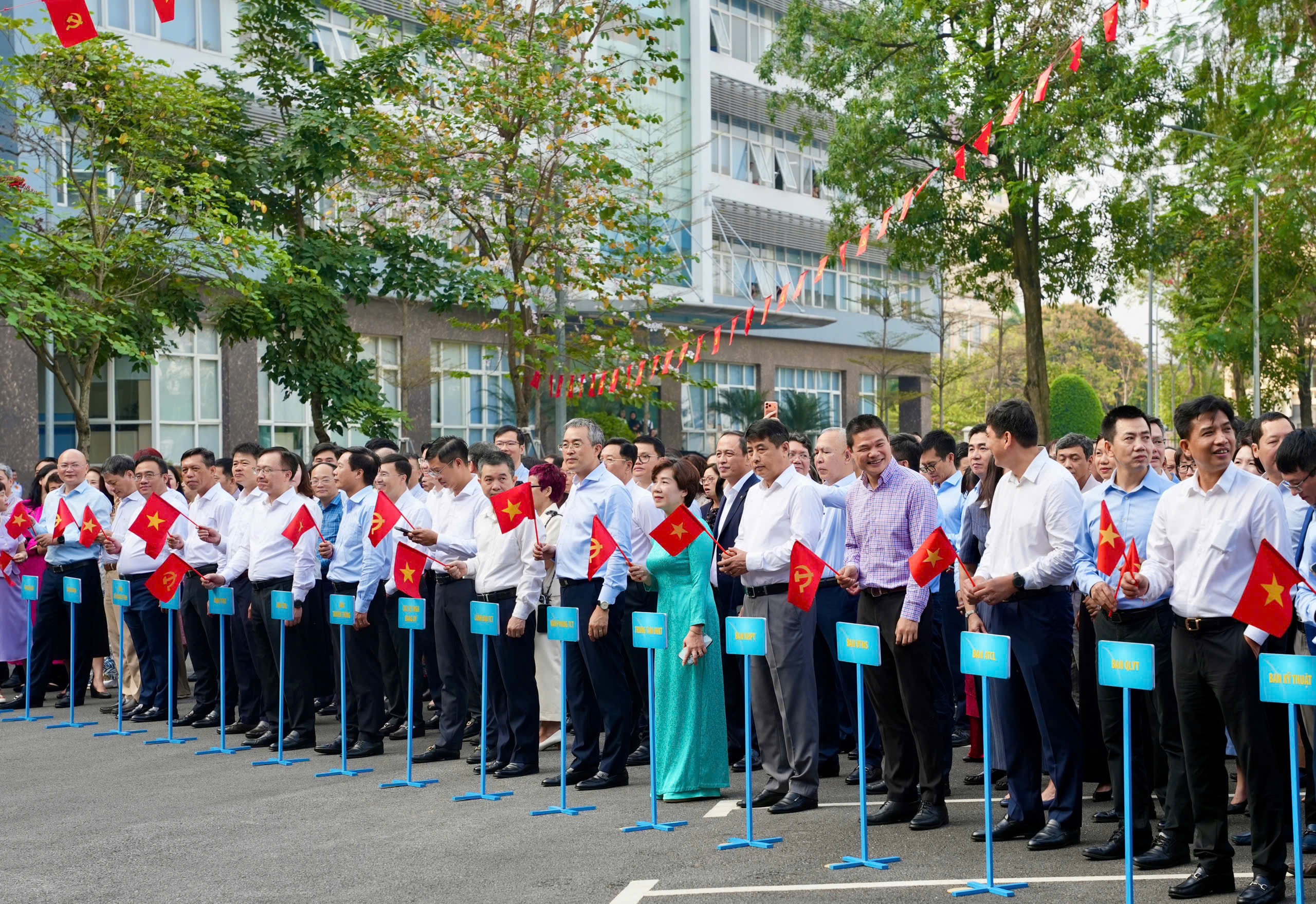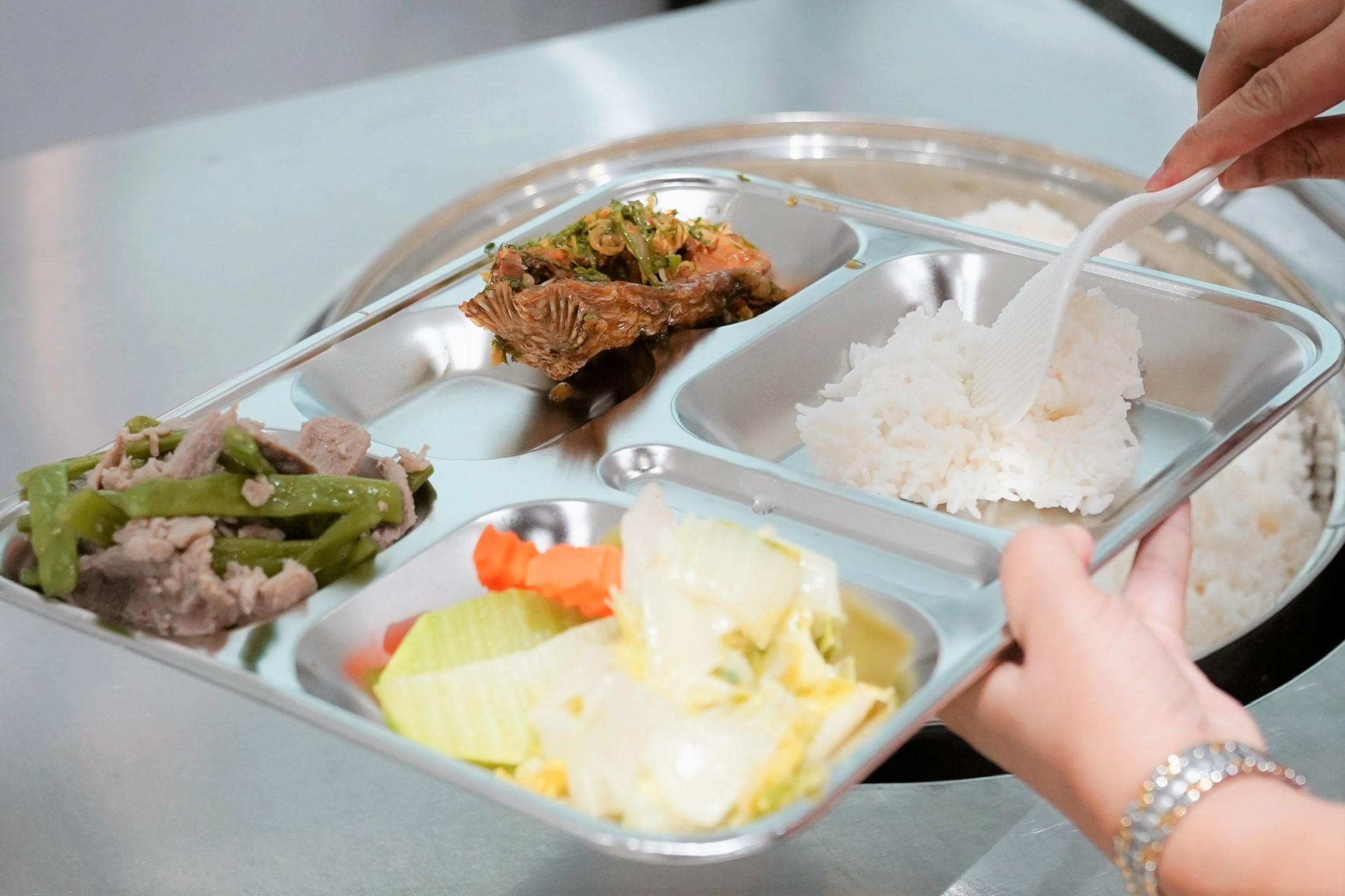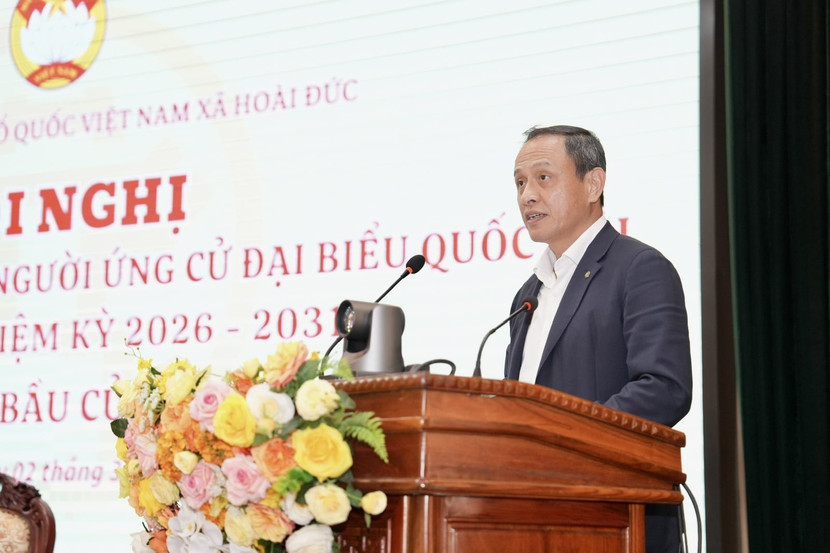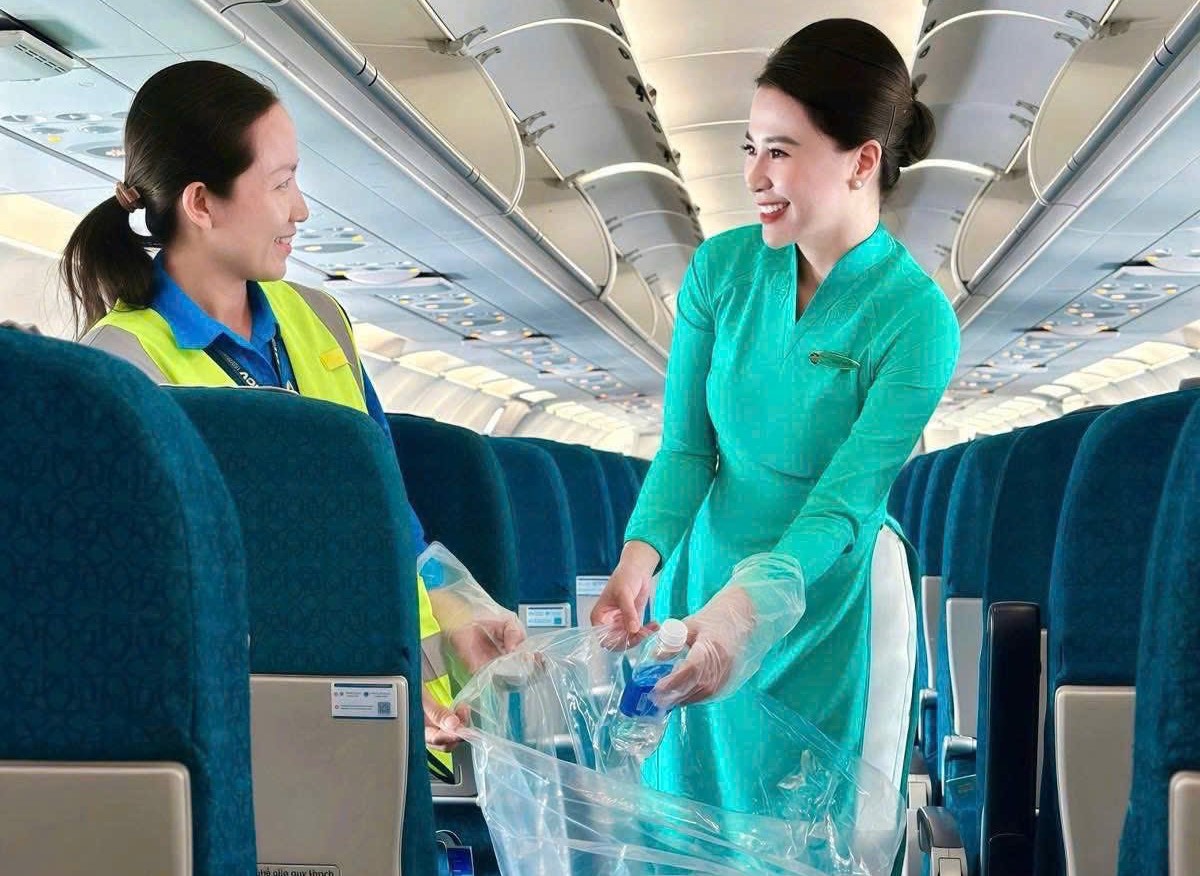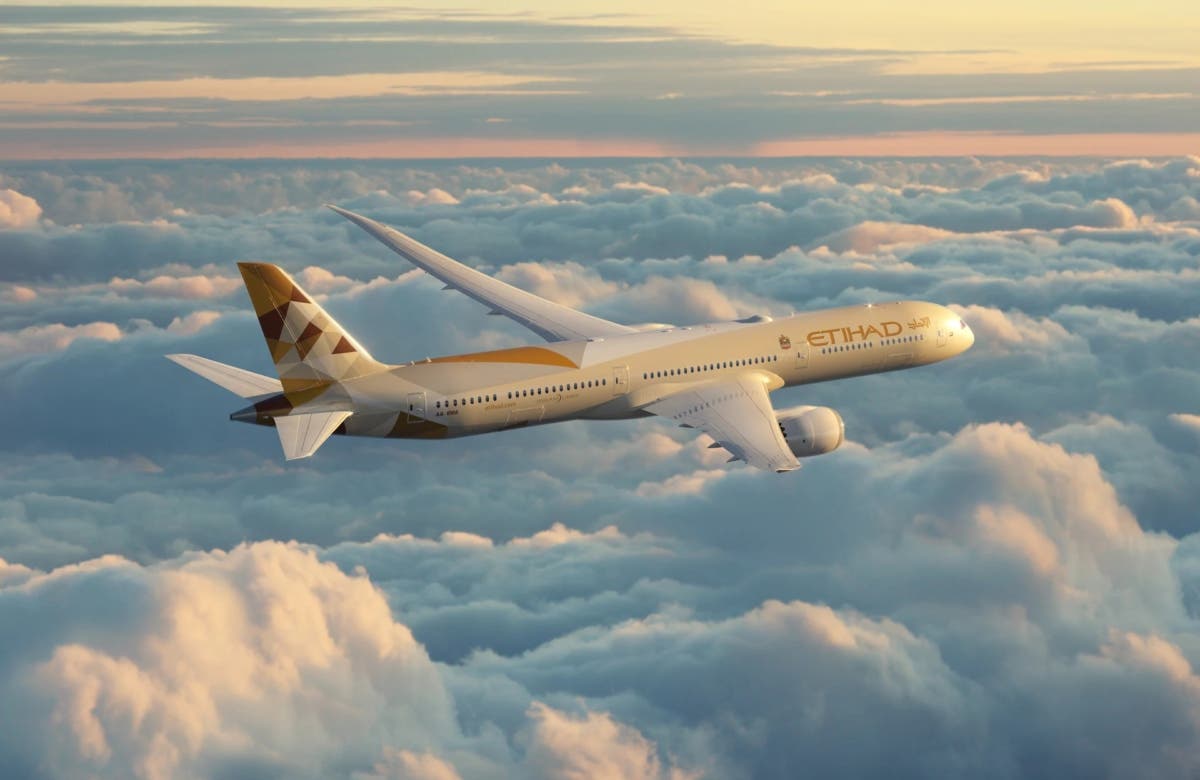
Much of the Etihad fleet was grounded at the start of the pandemic. (Photo: Etihad)
Etihad’s pandemic response projects
Speaking with Etihad Group CEO Tony Douglas at the end of August, Simple Flying asked about how his airline rose to the occasion at a time of need. Noting that his entire fleet was grounded by March 23rd, 2020, Douglas recalls his feelings at the time:
“For everybody who had to make similar decisions, they’ll probably feel the same as we did. It was heartbreaking to see the Etihad fleet on the ground here at Abu Dhabi.”
But very quickly after that, Douglas says that the airline pulled together and undertook a number of projects:
- The first was around cargo in particular. Linked to this were a number of humanitarian and repatriation activities undertaken.
- A second project was a focus on aircraft cabins. “We’ve undertaken the biggest maintenance program inside our aircraft cabins in the history of Etihad to make sure that they’re presented to the absolutely highest of standards,” Douglas states.
The airline also evaluated their vision, asking questions like:
- How do we envision the pandemic to play its way out, and when do things start to very slowly come back to normality?
- What will the traveling public look for when it comes to wellness, in particular with airlines?
The result of these questions and evaluations was the creation of Etihad Wellness as a product.
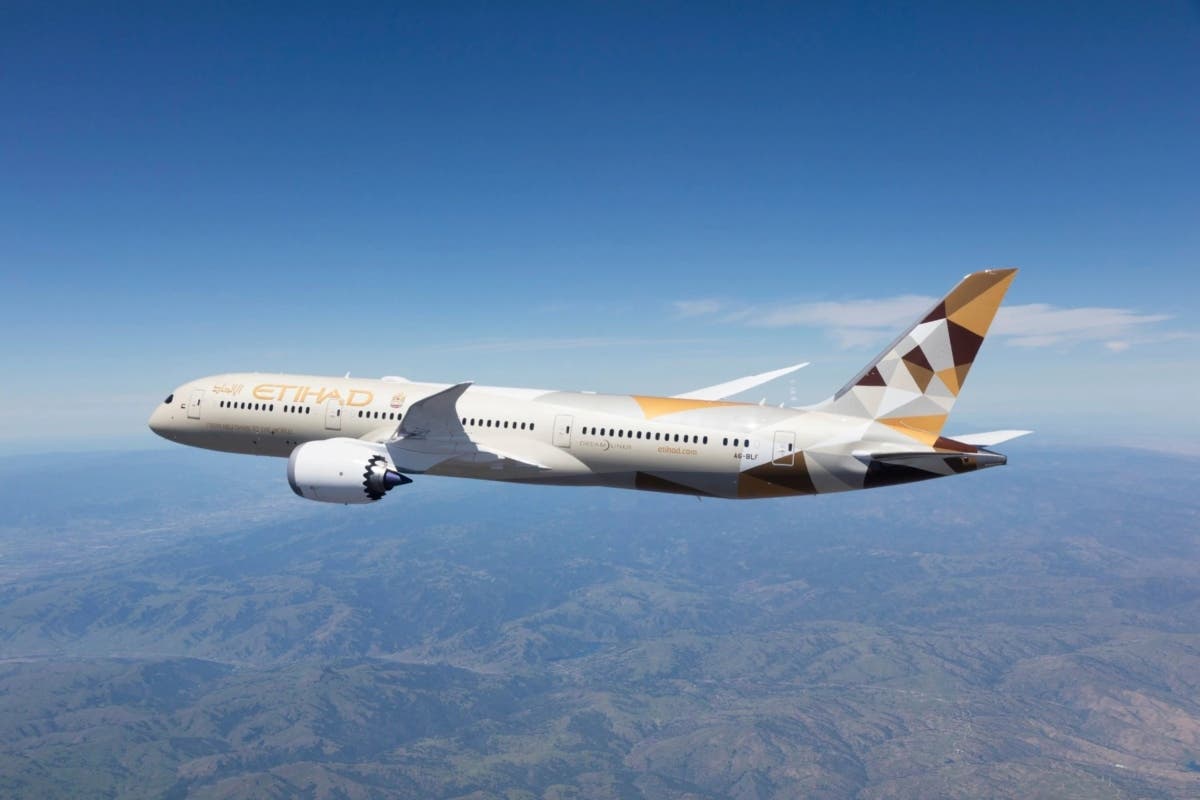
The fuel efficiency of the 787 enabled Etihad to operate humanitarian missions with sensible economics. (Photo: Etihad)
787 was a huge benefit at the time
In terms of aircraft, Douglas reflects on the fact that Etihad could benefit from having some of the most fuel-efficient aircraft available:
In terms of cargo and repatriation, we had the benefit of the third largest fleet of 787 Dreamliners in the world, which of course are immensely fuel efficient and very, very versatile. So we very quickly got back to cargo flying with belly hold– the economics of that made sense.”
With sustainable and beneficial economics, the airline CEO notes that the 787 allowed the company to re-establish a network “very quickly,” noting that Etihad “undertook a wide range of humanitarian missions in countries that…we’d never operated to before in our history.”
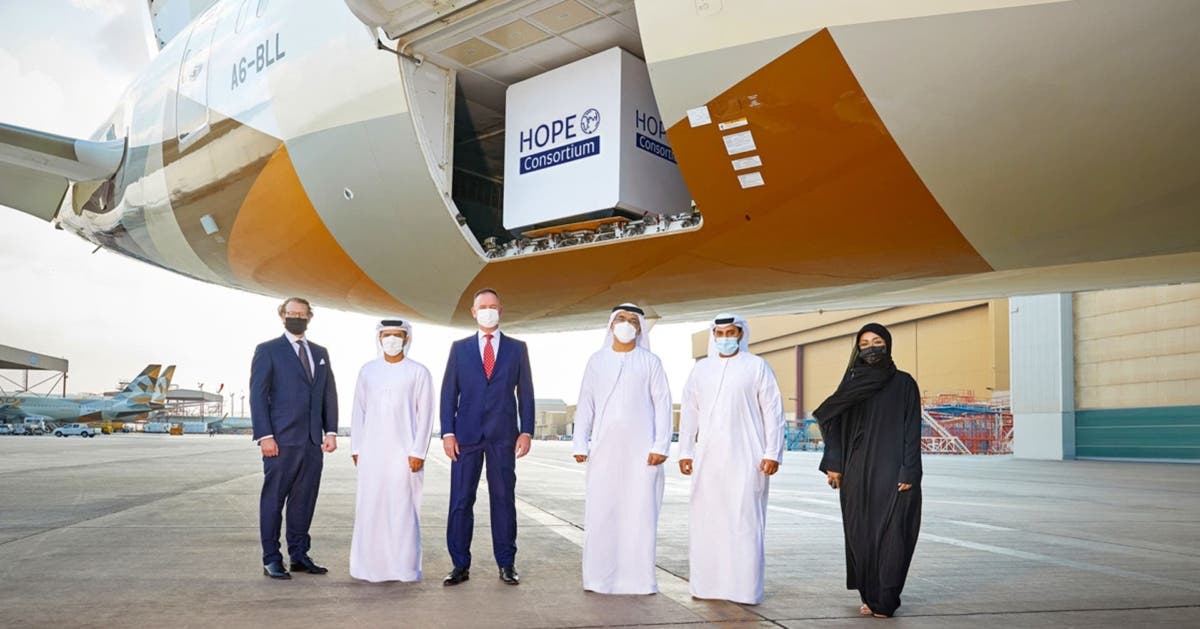
Etihad was engaged in humanitarian efforts that included vaccine distribution. (Photo: Etihad)
The Hope Consortium
While moving slightly away from “the early days” of COVID, Etihad also participated in The Hope Consortium, which is a collaboration of organizations engaged in the distribution of vaccines to countries that would otherwise struggle with logistics and economic ability.
In November 2020, the airline reported that Etihad Cargo and the consortium transported five million vaccines on behalf of Abu Dhabi’s Department of Health, which had spearheaded the consortium.While smaller than its Middle Eastern rivals, Etihad’s efforts over the course of the last year and a half demonstrated that the airline was still able to perform under challenging conditions and even make a difference for the better.
Cre: Simple Flying
Nguyen Xuan Nghia – COMM






